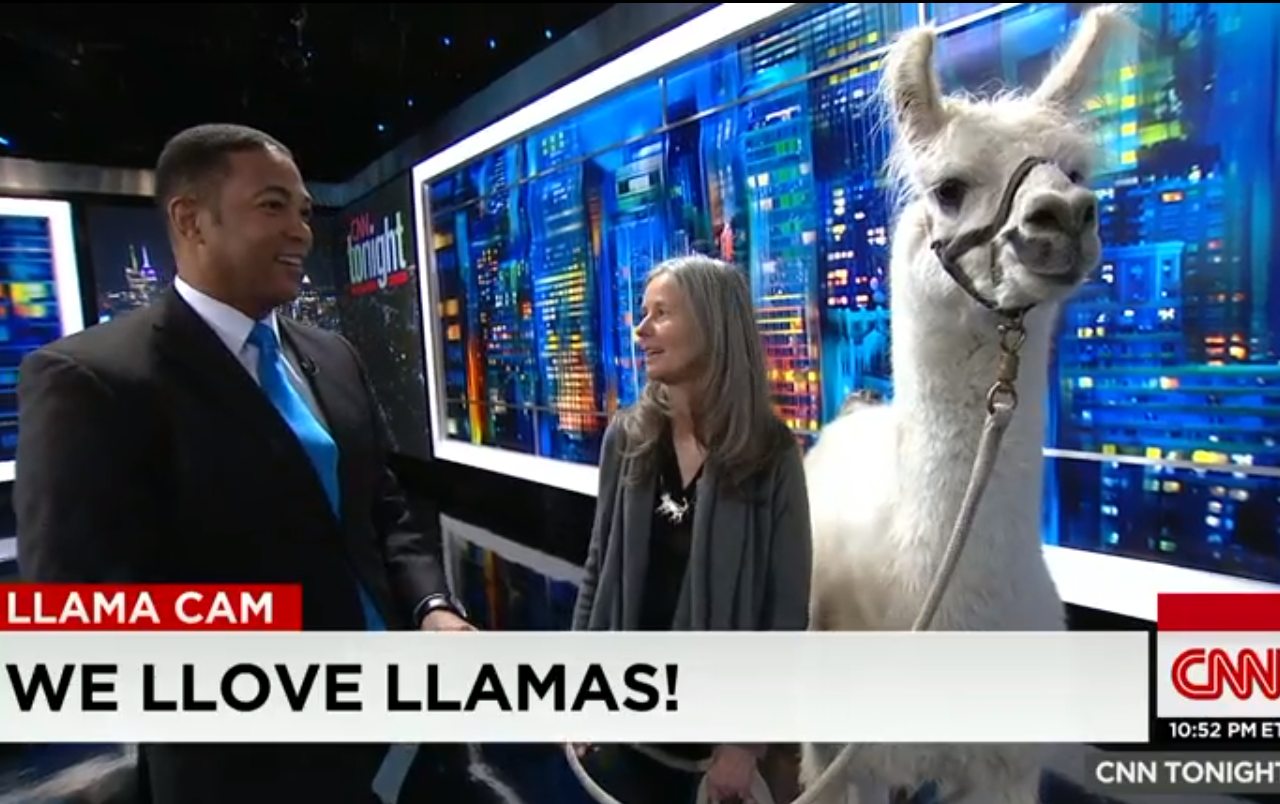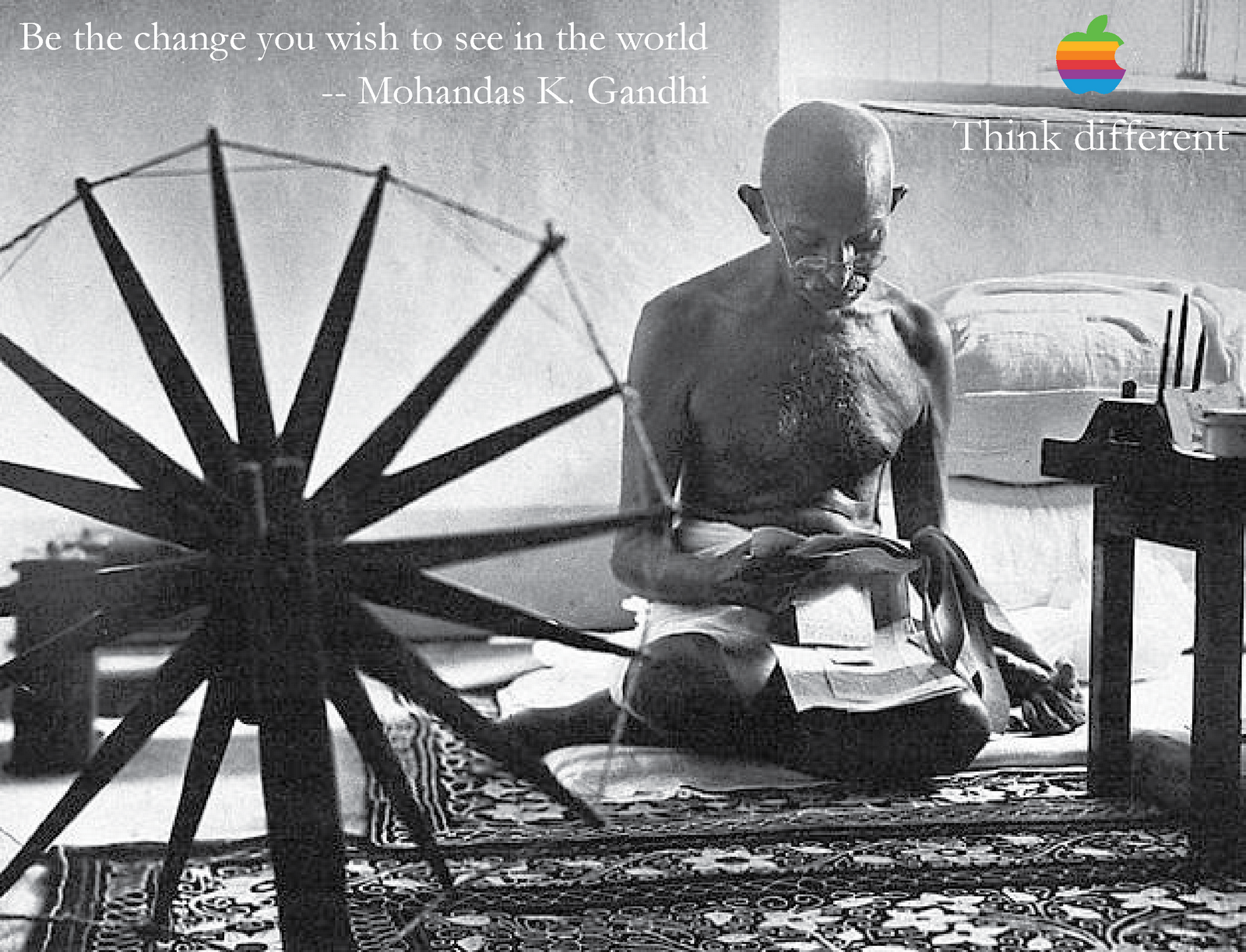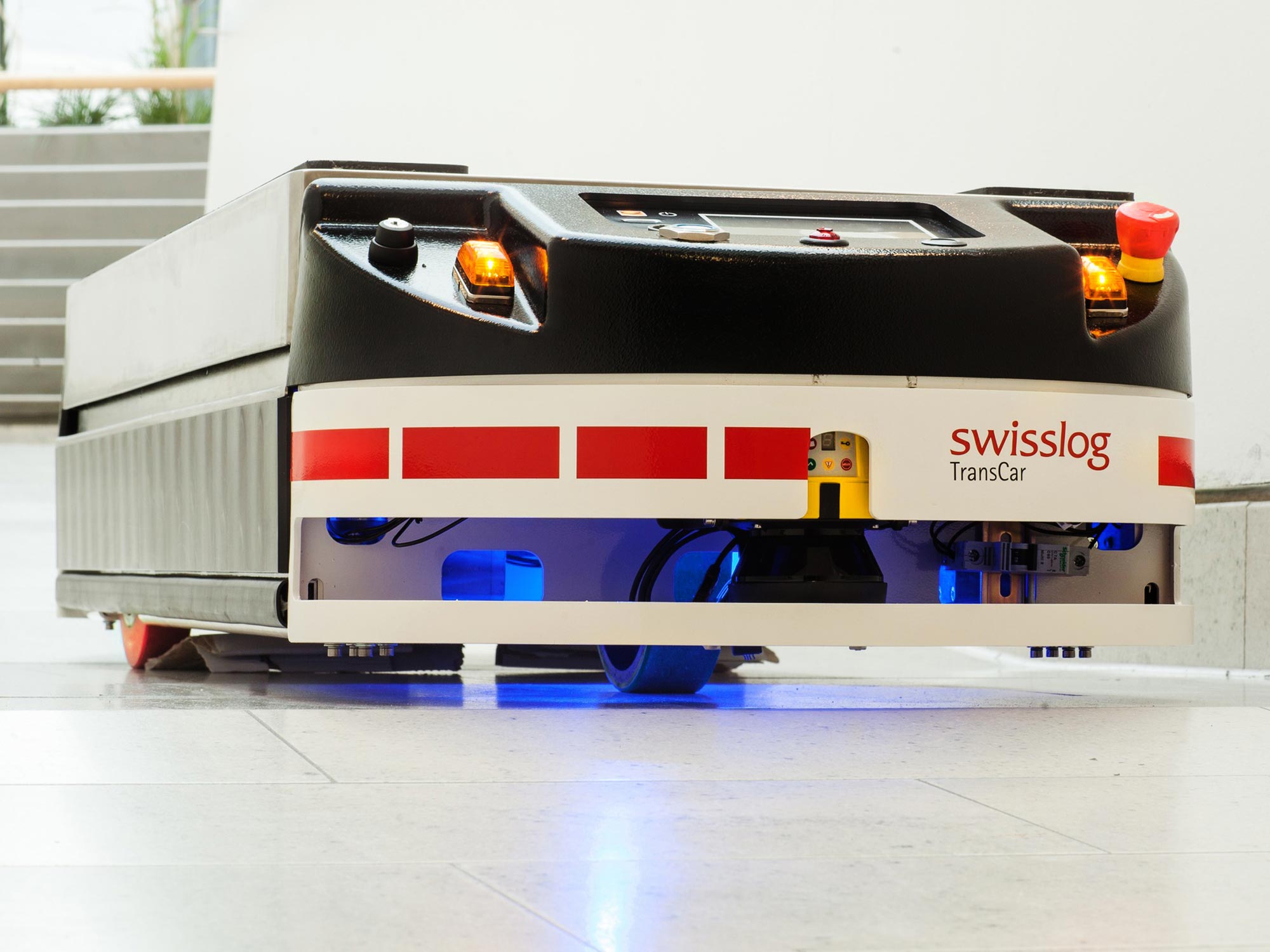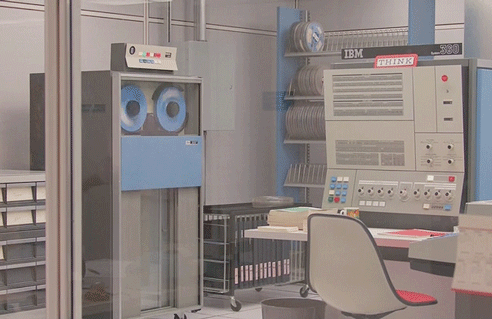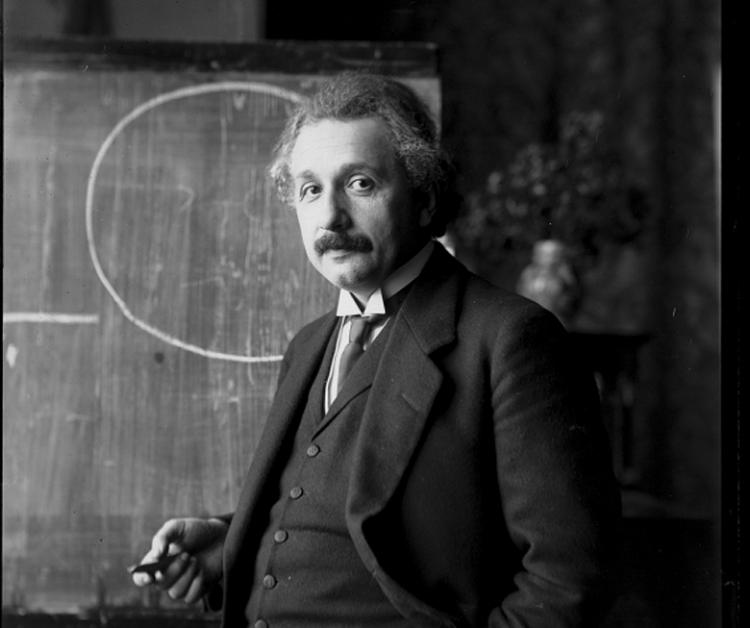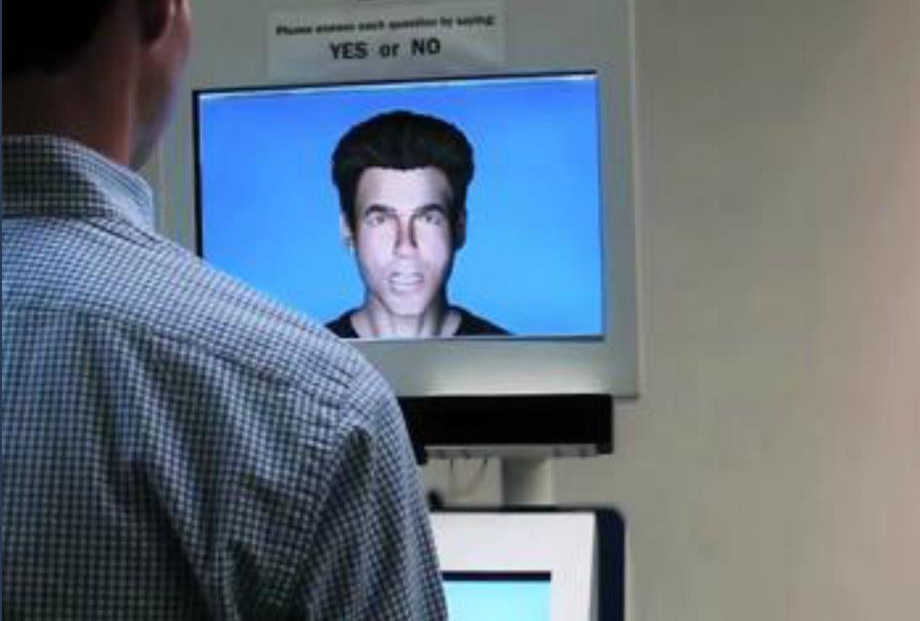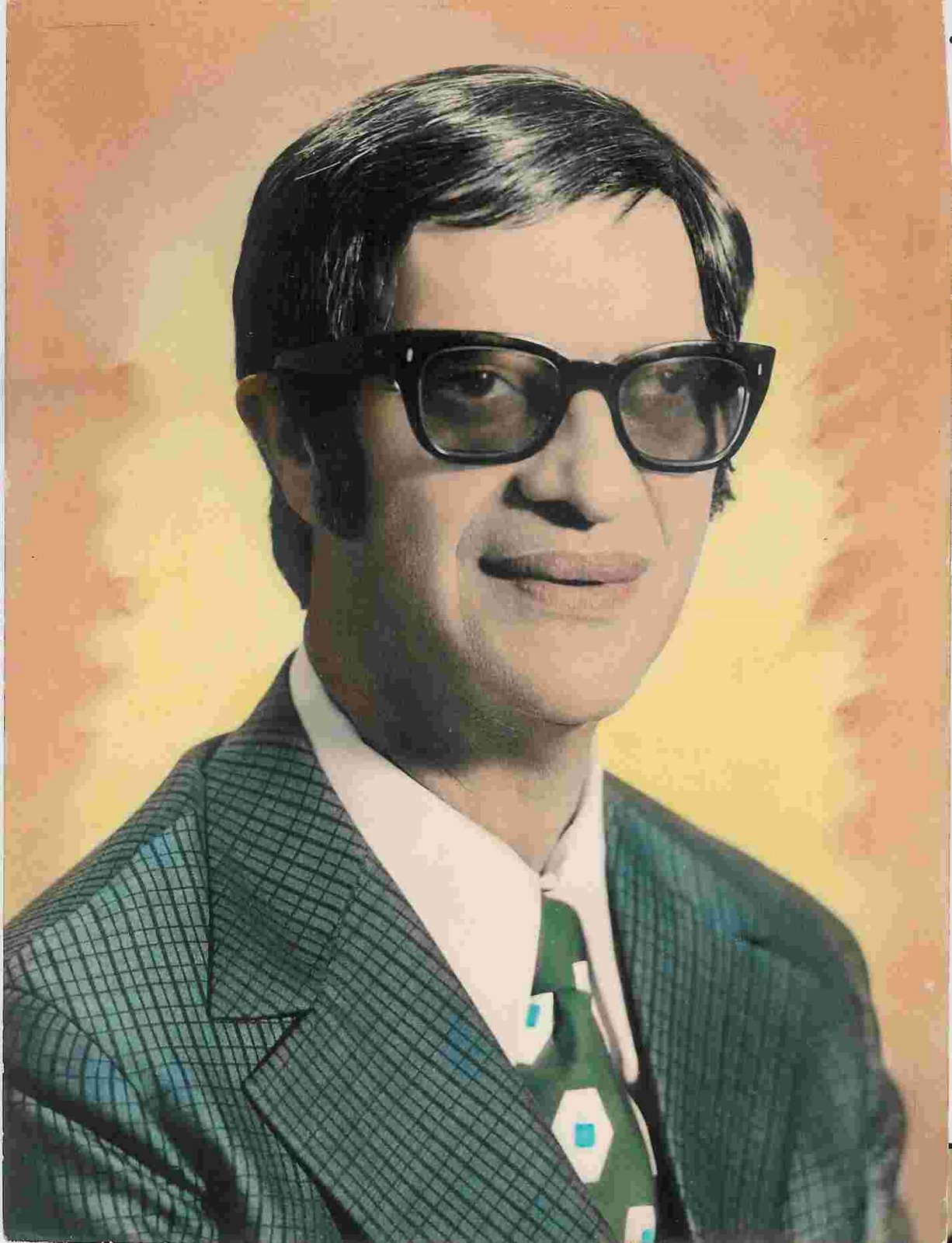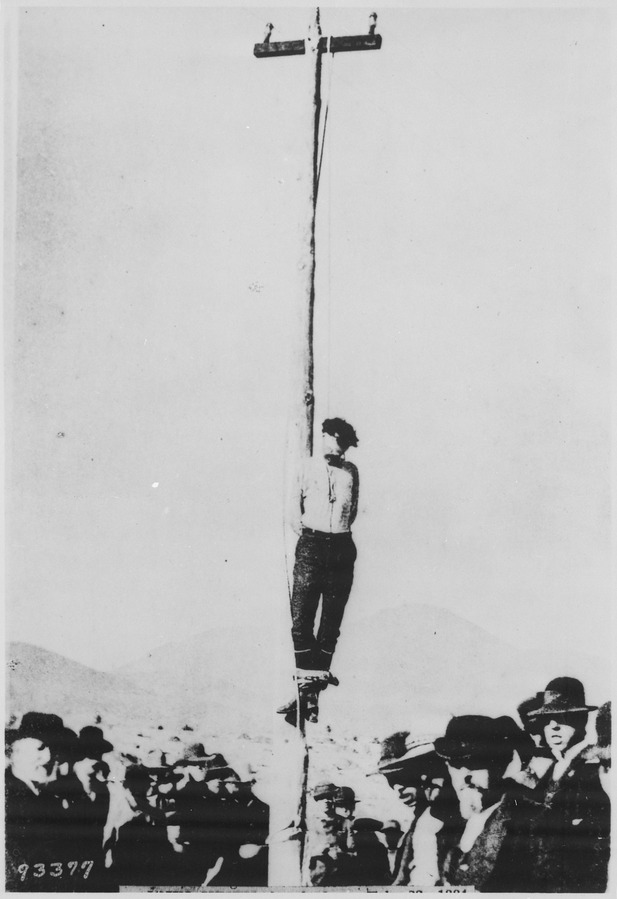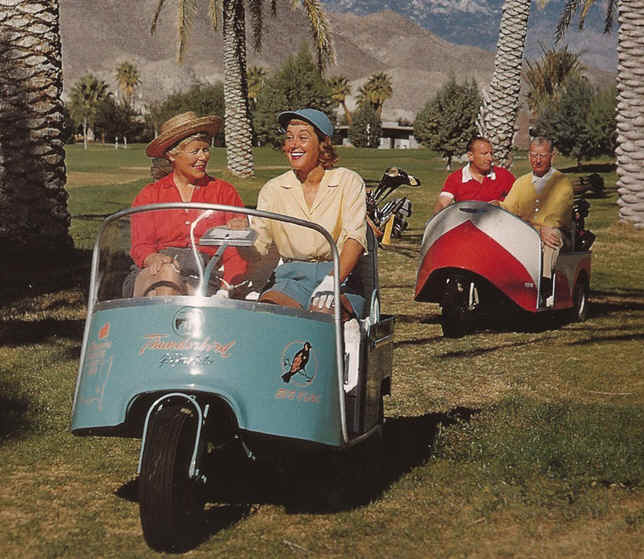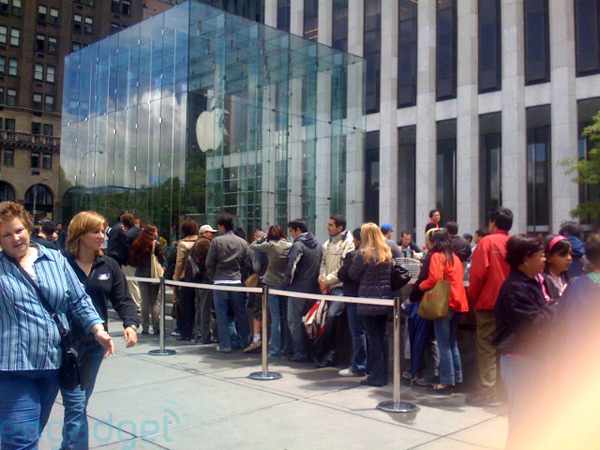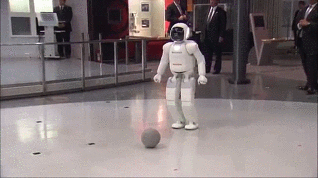
I’m still haunted by You’re Gonna Miss Me, Keven McAlester’s 2007 documentary about Roky Erickson, a singer-songwriter of growing repute during the 1960s who was “interrupted” by schizophrenia. The musician’s plight was difficult enough to witness, but what really struck me was how his brother, Sumner, a talented musician himself, also drifted into mental illness while trying to care for his sibling. In a reveal on a DVD extra, Sumner seemingly “caught” serious psychiatric problems, triggered it appeared by the close proximity to his besieged brother. It’s one of the more devastating things I’ve ever seen on film.
In Andrew Curry’s new Nautilus piece, “Yes, You Can Catch Insanity,” the journalist investigates a completely different type of contagion which can cause erratic behavior, a seemingly biological source of mental illness, especially in children who have endured infections, which is pretty much every child. The opening:
One day in March 2010, Isak McCune started clearing his throat with a forceful, violent sound. The New Hampshire toddler was 3, with a Beatles mop of blonde hair and a cuddly, loving personality. His parents had no idea where the guttural tic came from. They figured it was springtime allergies.
Soon after, Isak began to scream as if in pain and grunt at his parents and peers. When he wasn’t throwing hours-long tantrums, he stared vacantly into space. By the time he was 5, he was plagued by insistent, terrifying thoughts of death. “He would smash his head into windows and glass whenever the word ‘dead’ came into his head. He was trying to drown out the thoughts,” says his mother, Robin McCune, a baker in Goffstown, a small town outside Manchester, New Hampshire’s largest city.
Isak’s parents took him to pediatricians, therapy appointments, and psychiatrists. He was diagnosed with a host of disorders: sensory processing disorder, oppositional defiance disorder, and obsessive-compulsive disorder (OCD). At 5, he spent a year on Prozac, “and seemed to get worse on it,” says Robin McCune.
The McCunes tried to make peace with the idea that their son might never come back. In kindergarten, he grunted and screamed, frightening his teachers and classmates. “He started hearing voices, thought he saw things, he couldn’t go to the bathroom alone,” Robin McCune says. “His fear was immense and paralyzing.”
As his behaviors worsened, both parents prepared themselves for the possibility that he’d have to be home-schooled or even institutionalized. Searching for some explanation, they came across a controversial diagnosis called pediatric autoimmune neuropsychiatric disorders associated with streptococci, or PANDAS. First proposed in 1998, PANDAS linked the sudden onset of psychiatric symptoms like Isak’s to strep infections.
They didn’t give it much thought. Periodic strep tests on Isak had always come back negative. And his symptoms seemed too dramatic to be the result of a simple, common childhood infection.
But as Isak’s illness dragged into its fourth year, they reconsidered the possibility. The year before the epic meltdowns began, his older brother had four strep infections; perhaps it was more than coincidence. In September 2013, three and a half years after his first tics appeared, a pediatric infectious-disease specialist in Boston put Isak on azithromycin, a common antibiotic used to treat food poisoning, severe ear infections, and particularly persistent cases of strep throat.
The results were dramatic. Isak’s crippling fear vanished within days. Then he stopped grunting. Less than a week after starting his son on the antibiotic, Adam McCune saw Isak smile for the first time in nearly four years. After a few weeks, the tantrums that had held the family hostage for years faded away.•


